 Renting a home has few perks. You don’t gain equity, your rent is likely to increase over time, and you run the risk of dealing with shady landlords or restrictive community rules. That’s why so many Americans dream of owning a home. But is owning a home really a better deal than renting? Financially speaking?
Renting a home has few perks. You don’t gain equity, your rent is likely to increase over time, and you run the risk of dealing with shady landlords or restrictive community rules. That’s why so many Americans dream of owning a home. But is owning a home really a better deal than renting? Financially speaking?
The short answer is, yes! In fact, according to a recent study from Zillow, home buyers in half the country can save money over renting in as little as two years. In some metros, the “breakeven horizon” as they call it, can occur in even less time. For example, in the Dallas County portion of the Dallas-Fort Worth-Arlington, TX metro, the median breakeven horizon is 1.2 years.
Here are a few more stats on buying vs. renting in that area:
- Median Price-to-Rent Ratio: 7.9
- Expected home value appreciation over the 1st year: 5.10%
- Expected annual rent inflation over the 1st year: 3.89%
- Expected long-term home value appreciation: 2.87%
- Expected long-term rent inflation: 2.70%
According to one of Zillow’s recent blog posts, Zillow produced break-even horizons “…down to the neighborhood level in order to give potential buyers and renters the most insight into local conditions where they’re considering living.”
But what exactly is the “break-even horizon?”
Zillow’s break-even horizon is the estimated number of years it will take before buying a home becomes less expensive than renting the same home. According to the blog post, the break-even horizon “…incorporates all costs associated with buying and renting, including upfront payments, closing costs, anticipated monthly rent and mortgage payments, insurance, taxes, utilities, maintenance and renovation costs.”
Additionally, Zillow considers a few of the various asset streams available to buyers and renters. For buyers, a home’s equity can grow. On the other hand, renters can take the money they would be saving for a down payment and put it into an interest-bearing account. The breakeven horizon also figures in historic and anticipated home value appreciation rates as well as anticipated rental appreciation rates.
For more information, and to see what the break-even horizon is for your area, click here.











































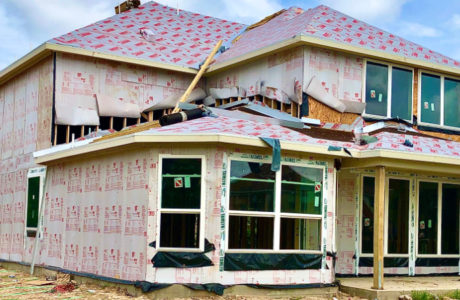





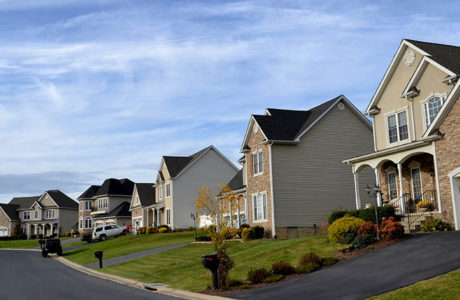





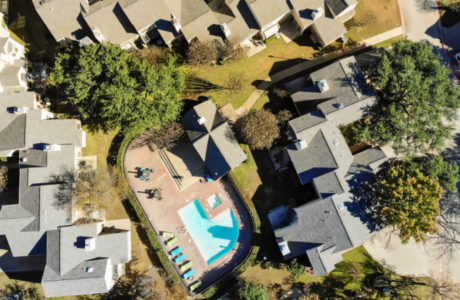



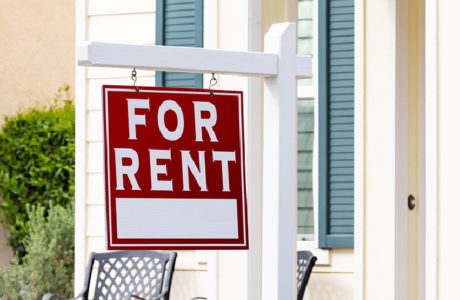











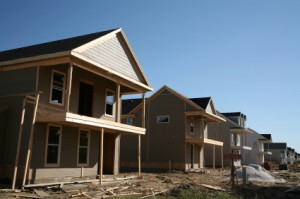




Comments are closed.